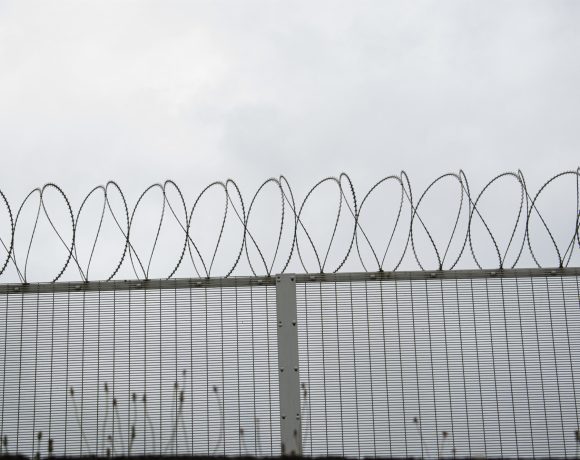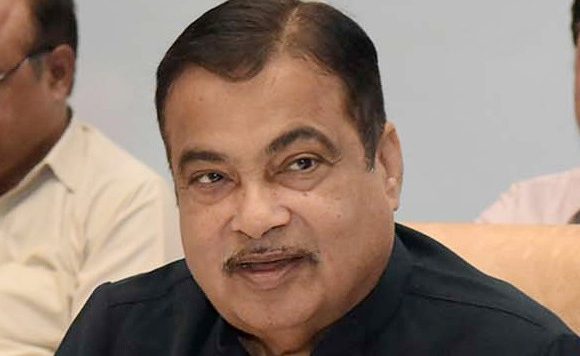
All-Party MPs Push for Bharat Ratna for Dalai Lama, Parliament Address Proposal
A cross-party group of Indian Members of Parliament has launched a formal campaign urging the central government to confer the Bharat Ratna on the 14th Dalai Lama and invite him to address a joint sitting of Parliament. The move, supported by MPs from the BJP, BJD, JD(U), and other parties, is being seen as a strong symbolic gesture of India’s respect for the Tibetan spiritual leader and a message of moral support for Tibet’s autonomy struggle.
80 Signatures and Growing: Coordinated Push in Parliament
The MPs’ forum has reportedly collected close to 80 signatures and aims to reach at least 100 before presenting the memorandum to the President and Prime Minister. The campaign is being led by BJD’s Rajya Sabha MP Sujeeth Kumar, who has also initiated a public petition and video endorsement drive to garner wider support. Some lawmakers have even proposed organizing mass rallies and events to coincide with the Dalai Lama’s possible address in Parliament’s historic Central Hall.
A Message to China: Autonomy and Succession Are Not Negotiable
The timing of this campaign is significant. The Dalai Lama, now approaching 90, remains one of the most respected spiritual figures in the world. Awarding him the Bharat Ratna would not only honor his contributions to peace and humanity but also assert India’s diplomatic autonomy at a time when China has repeatedly tried to delegitimize the Tibetan cause and assert control over the succession of the next Dalai Lama. Lawmakers have clearly stated that the process of succession must remain a Tibetan decision, without interference from Beijing.
Beyond Symbolism: Real Demands for Refugee Rights
Beyond symbolism, the MPs are also pushing for the full implementation of the Tibetan Rehabilitation Policy of 2014. This policy promises formalized land leases, improved amenities, and social security for Tibetan refugees living in India, many of whom have faced bureaucratic hurdles and policy gaps in recent years. The campaign thus links national honor with real policy outcomes for India’s Tibetan population.
Diplomatic Ripples: Beijing Expected to Respond Aggressively
However, the proposal is likely to provoke a strong reaction from China, which considers the Dalai Lama a separatist and opposes any international recognition of his status. Inviting him to address Parliament or honoring him with India’s highest civilian award would be viewed in Beijing as a provocative act, potentially affecting already fragile diplomatic ties between the two countries.
India’s Balancing Act: Morality, Strategy, and Geopolitics
This all-party initiative places the Indian government in a delicate balancing act. On one hand, it signals India’s commitment to democratic values, spiritual pluralism, and Tibetan rights. On the other, it risks escalating tensions with a powerful neighbor known for aggressive diplomatic pushback. Whether the government moves ahead with the Bharat Ratna recommendation and the Parliament address will reveal much about India’s willingness to assert its moral and geopolitical independence in the face of authoritarian pressure.


















